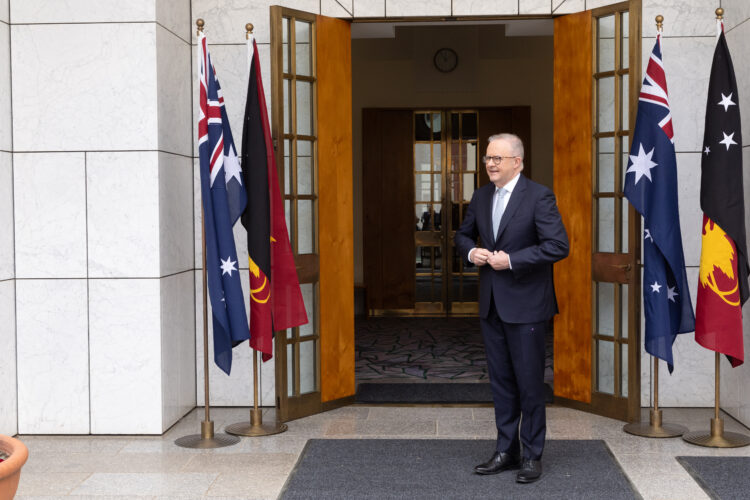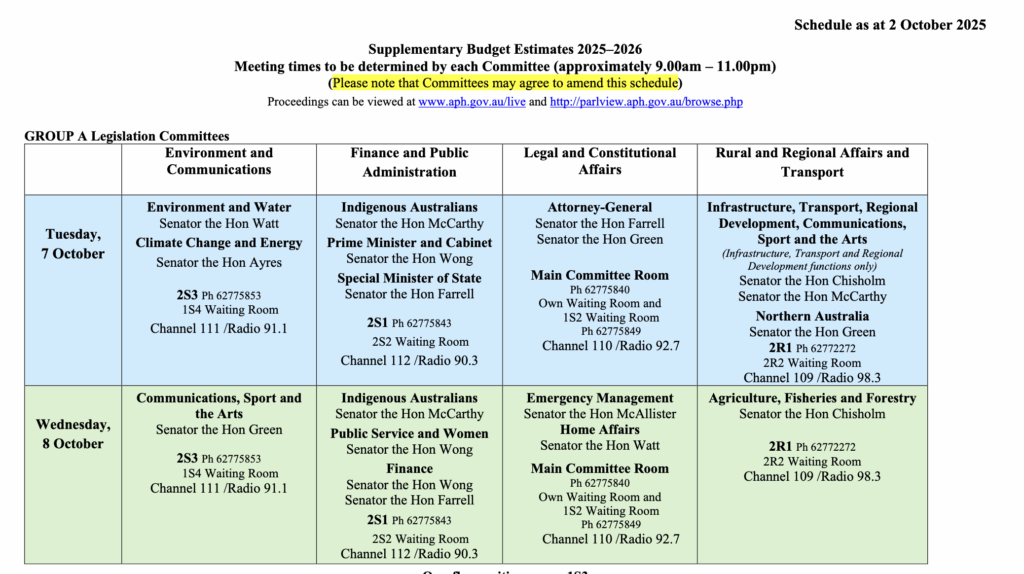Asked how she believes the Australian government should respond, Julie Webb-Pullman says:
Well, I think that there’s several breaches of international law that the Australian Government is a signatory to several conventions that the Israeli Government has breached, that they should at the very least be condemning the Israeli government for its breaches of international law, but particularly those relating to Australian citizens.
I think that they should be taking serious action, such as expelling the Israeli ambassador at the very least. Also, imposing sanctions on Israel, as is required by the International Court of Justice decision, which Israel was given time to comply with, and it expired in September, and to which they have still not complied. And also, we should be ending all arms trade with Israel, because these weapons that we are supplying the components for are the ones being used against our sons and daughters on the flotilla and also against the people of Palestine. And our taxes are paying for the weapons that are killing Palestinians in this genocide. So, the Australian Government is making us complicit in genocide, and they should be taking very serious steps to end their complicity and genocide.
Q: We had Richard Marles on earlier saying that they supply non-lethal components to the F-35. What do you make of that?
Webb-Pullman:
That’s a bit of a nonsense. We make the components that enable the bomb doors to open to drop the bombs. Without those parts, no bombs could be dropped from the F-35s. So, that’s a complete fiction. It’s an attempt to side step the very real responsibility that Australia has for these deaths.

